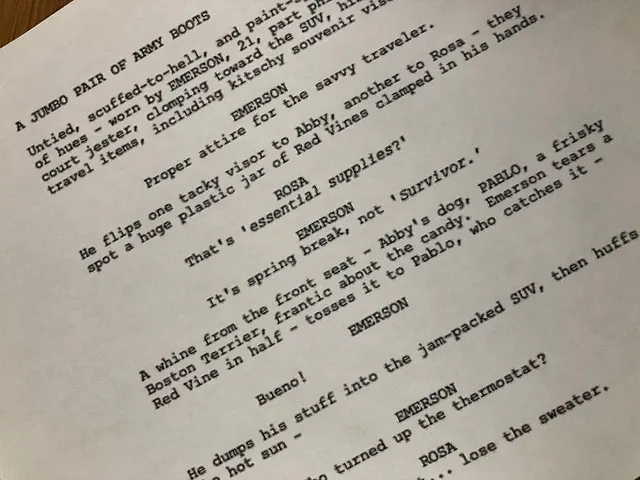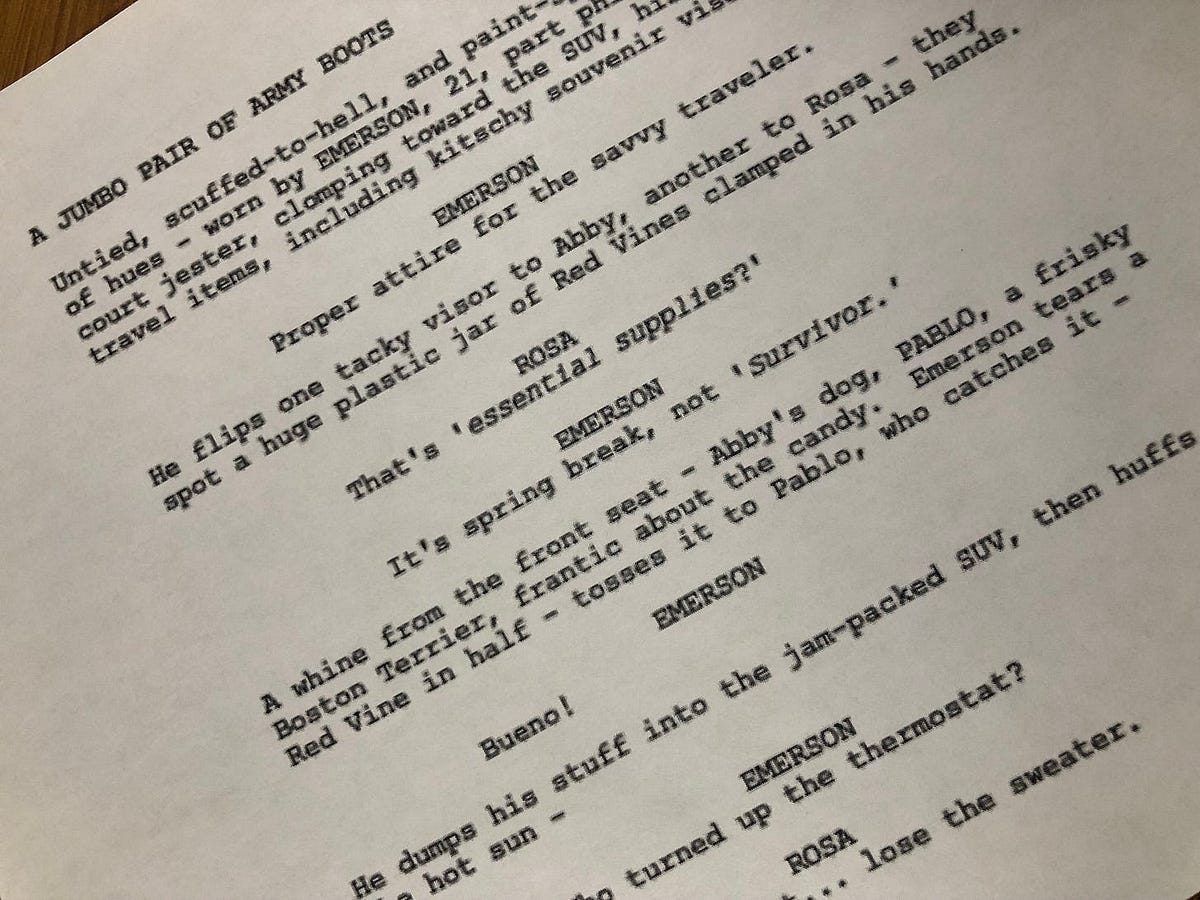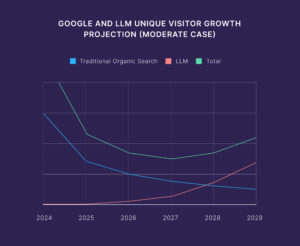Unlock the Secret to Selling Anything: Are You Tapping Into What They’re Really Buying?
When you’re standing at the crossroads of screenwriting, wondering which way to turn, it can feel like you’re about to pick a path leading either to Hollywood stardom or the dusty shelf of forgotten manuscripts. So, what should a spec writer focus on? Do you chase the elusive “write what you know” mantra, or do you spy on the market like some undercover agent stalking trends in the shadowy corridors of studio acquisition? Honestly, the truth is messier than most gurus let on. There’s no secret recipe or crystal ball that guarantees your script will be sold tomorrow — I mean, someone is always going to break all the “rules” and still land six figures. But here’s the kicker: broadly speaking, your screenwriting journey generally splits into two roads. And knowing which to take — well, that might just be the difference between writing for yourself and writing for a commission. So let’s dive into the two fundamental approaches that every spec writer wrestles with when faced with an ocean of story ideas and the question: “Which one do I bet on?”

There are many writing paths. Here are two of them.
Let’s consider this a response to a reader question because I get this type of inquiry pretty regularly from aspiring screenwriters via email. It takes different forms:
What type of stories should I focus on?
I have a lot of story ideas: How do I know which one to write?
What’s the best approach to take to maximize my chance of selling a script to Hollywood?
There is no one right answer to these questions. Even if there was and I gave it to you, you can be certain you would open the trades tomorrow to read a story about some writer who came along and did precisely the opposite, and just sold a spec for six figures.
That said broadly speaking, there are two basic paths a screenwriter can take when writing a spec script.
The most obvious approach is this: Write what they’re buying.
It’s the first rule of sales: Qualify your customer. If Hollywood is your ‘customer,’ then you find out what they are buying. That can mean right now, that can mean established patterns in terms of genres and movie story types over a decade or more, that can mean reading the tea leaves for what you think may be the next big thing. You do due diligence in terms of gathering information about the Hollywood acquisition market so when you assess your story concepts, your own interests, and your potential as a writer to develop your voice, you can make an informed choice in what you pursue.
I know there is a pretty persistent piece of advice given by established writers that goes something like this: “Don’t pay attention to the market. Things change. What you write today won’t reflect what they’re buying tomorrow. Besides it’s important to be authentic. The old adage is true: Write what you know.”
The problem with this take is while it may be sound advice for some types of writers, it can be absolutely the wrong thing for others. For example, if your passion is action-thrillers, those are the movies you watch, those are the scripts you’ve analyzed, that’s the type of story that oozes from your creative pores, then you’d probably be dumb not to track the acquisition market. First off, what if…














